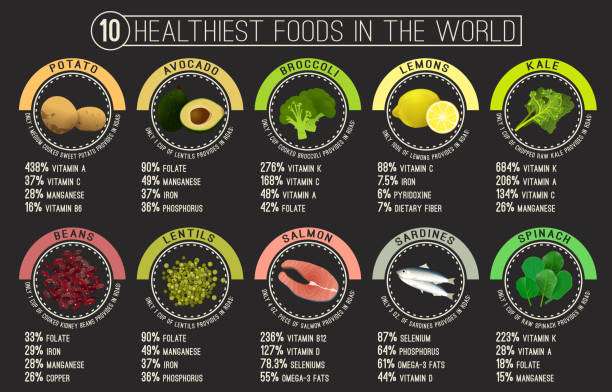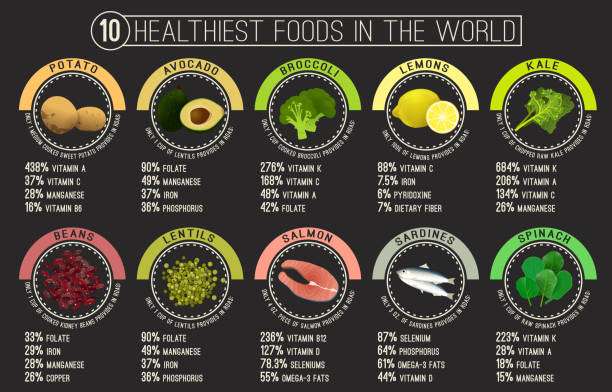How to Maximize Your Weight Loss with Apple Vinegar Cider

February 09, 2024
How to Maximize Your Weight Loss with Apple Vinegar Cider
"Discover the recommended amount of apple cider vinegar for weight loss, whether it can be used as a meal replacement and potential side effects. Learn how to incorporate apple cider vinegar into your diet for maximum weight loss benefits."
Apple cider vinegar has been gaining popularity as a weight loss aid in recent years. This pantry staple is not just used for dressing salads and marinades, but it has also been proven to have numerous health benefits, including aiding in weight loss. In this post, we will discuss how to maximize your weight loss with apple vinegar cider.
1. Start Your Day with a Shot of ACV:
One of the best ways to kickstart your metabolism and aid in weight loss is by taking a shot of apple cider vinegar in the morning. Mix one tablespoon of ACV in a glass of warm water and drink it before breakfast. This simple morning ritual can help boost your metabolism, lower your blood sugar levels, and suppress your appetite throughout the day.
2. Use ACV as a Salad Dressing:
Instead of using high-calorie salad dressings, opt for apple cider vinegar as a healthier alternative. Not only does it add a tangy flavor to your salads, but it also helps in weight loss. The acetic acid in ACV can increase the feeling of fullness, making you eat fewer calories overall. Plus, it has a low-calorie count, making it an excellent addition to your weight loss diet.
3. Mix ACV with Honey for a Sweet and Sour Drink:
If you have a sweet tooth, mixing apple cider vinegar with honey can be a perfect combination. Honey has natural sugar, which when combined with ACV, can give you a sweet and sour drink that can help curb sugar cravings and boost weight loss. Just mix one tablespoon of apple cider vinegar, one teaspoon of honey, and a cup of warm water, and drink it before meals.
4. Use ACV in Cooking:

Apple cider vinegar is a versatile ingredient that can be used in cooking. You can add it to your sauces, marinades, and even soups for an extra tangy flavor. By incorporating ACV into your meals, you can increase the feeling of fullness and reduce the calorie intake, ultimately aiding in weight loss.
5. Drink ACV Before Meals:
Drinking apple cider vinegar before meals can help reduce your appetite, leading to consuming fewer calories. It has been noted that consuming ACV before meals can decrease your calorie intake by up to 275 calories per day. This simple step can make a significant impact on your weight loss journey.
6. Combine ACV with a Healthy Diet and Regular Exercise:
While apple cider vinegar can aid in weight loss, it is crucial to remember that it is not a magic solution. To maximize your results, it is essential to combine ACV with a healthy and balanced diet, along with regular exercise. By incorporating these lifestyle changes, you can achieve significant weight loss results and maintain them in the long term.
7. Consult with Your Doctor:
Before incorporating apple cider vinegar into your weight loss regimen, it is essential to consult with your doctor. This is especially crucial for those with pre-existing health conditions or taking medications. Your doctor can guide you on the right dosage and how to safely incorporate ACV into your weight loss journey.
In conclusion, apple cider vinegar can be a useful addition to your weight loss journey. By incorporating it into your daily routine and combining it with a healthy diet and regular exercise, you can maximize your weight loss results. Remember to consult with your doctor before starting any new diet or weight loss regimen. Just a small bottle of apple cider vinegar can bring significant changes to your body and health. So why not give it a try and reap the benefits?
What is the recommended amount of apple cider vinegar to consume for weight loss?
Many health and wellness trends are circulating in the media, and one that has gained a lot of attention in recent years is the use of apple cider vinegar for weight loss. But just how effective is this seemingly simple ingredient? And more importantly, what is the recommended amount of apple cider vinegar to consume for weight loss?
First, let's discuss what apple cider vinegar (ACV) is and how it is made. ACV is a fermented drink made from crushed apples and yeast. The fermentation process produces acetic acid, which is the main active component of ACV and what gives it its strong, tart taste.
Now, onto the weight loss claims. It has been suggested that ACV can aid in weight loss by reducing appetite, increasing metabolism, and reducing fat storage. But is there any truth to these claims?
While there is some scientific evidence to support the potential benefits of ACV for weight loss, it is by no means a magic solution. A study published in the Journal of Functional Foods found that consuming ACV did not result in significant weight loss or changes in body composition.
However, other studies have shown that consuming ACV before a meal can increase satiety and reduce the amount of food consumed, potentially leading to weight loss over time. Additionally, the acetic acid in ACV may have a positive impact on blood sugar levels, which can help with weight management.
So, what is the recommended amount of ACV to consume for weight loss? It is important to note that there is no specific recommended amount and more research is needed to determine the optimal dosage. However, most sources suggest consuming 1-2 tablespoons (15-30 ml) of ACV diluted in water per day. It is not recommended to consume more than this amount as it can have negative effects on your digestive system and tooth enamel.
It is also important to mention that ACV should not be relied on as the sole method for weight loss. It should be used in combination with a healthy diet and regular exercise for best results.
It is also crucial to choose the right kind of ACV. Look for raw, unfiltered, and unpasteurized varieties as these contain the “mother” (a colony of beneficial bacteria) and the most nutrients. Avoid distilled or filtered ACV as they do not contain the same health benefits.
While ACV may have some potential benefits for weight loss, it is important to consult with a healthcare professional before incorporating it into your routine, especially if you have any underlying health conditions or are taking medication. ACV can interact with certain medications and may worsen certain conditions such as acid reflux.
In conclusion, the recommended amount of ACV to consume for weight loss is 1-2 tablespoons (15-30 ml) diluted in water per day. However, it should not be relied on as the sole method for weight loss and should be used in combination with a healthy diet and regular exercise. Remember to choose a high-quality ACV and consult with a healthcare professional before incorporating it into your routine.

Can apple cider vinegar be used as a meal replacement for weight loss?
Apple cider vinegar (ACV) has gained popularity in recent years as a potential aid for weight loss. This fermented liquid is made from apples and is known for its tangy taste and potential health benefits. While many people might wonder if ACV can be used as a meal replacement for weight loss, it is essential to understand its potential benefits and limitations.
First and foremost, it is essential to note that apple cider vinegar is not a miracle solution for weight loss. It cannot replace a healthy, well-balanced diet and regular exercise. However, incorporating ACV into your diet can potentially support your weight loss journey.
One of the main reasons why people believe that ACV can help with weight loss is its effect on blood sugar levels. Studies have shown that ACV can help lower post-meal blood sugar levels, which can ultimately lead to a reduction in appetite and food cravings. This can result in consuming fewer calories, which is crucial for weight loss.
Moreover, ACV is known to improve digestion and increase satiety. This means that it can help you stay fuller for longer, reducing the chances of overeating or snacking on unhealthy foods. This, coupled with its potential to boost metabolism, can potentially result in weight loss.
Now, coming to the question of using apple cider vinegar as a meal replacement for weight loss – the answer is no. Meal replacement shakes or bars are specifically formulated to provide the necessary nutrients and calories for a meal while keeping the calorie intake in check. While ACV does have some potential weight loss benefits, it does not contain enough nutrients to be considered a meal replacement.
Furthermore, using ACV as a meal replacement can lead to nutrient deficiencies, which can have adverse effects on your health in the long run. It is essential to consume a balanced and varied diet that includes all the necessary nutrients for overall health and well-being.
However, incorporating ACV into your diet can be a useful addition to your weight loss efforts. It can be consumed in various ways, such as adding it to salads as a dressing, diluting it in water and drinking it, or including it in marinades or sauces. It is essential to note that ACV is highly acidic, and consuming it undiluted can have negative effects on your teeth and digestive system. It is recommended to dilute it with water or other beverages before consuming it.

In conclusion, while apple cider vinegar can potentially aid in weight loss, it cannot be used as a meal replacement. It is always best to consult a healthcare professional before making any significant dietary changes. Remember, healthy weight loss requires a combination of a nutritious diet, regular exercise, and lifestyle changes. So, while ACV can be a beneficial addition to your weight loss journey, it cannot be relied upon as a meal replacement.





